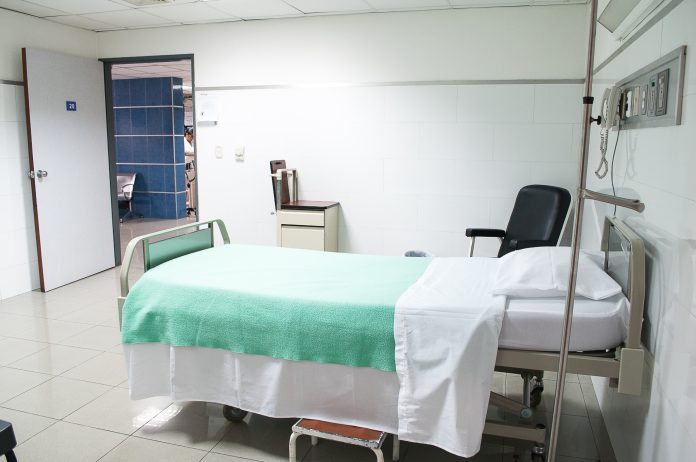Renting a hospital bed can be a significant decision for individuals or families caring for someone with medical needs. This comprehensive guide will provide essential insights into the process, ensuring you make an informed choice.
Understanding Hospital Bed Rental
The Basics of Hospital Bed Rental
Hospital bed rental refers to leasing a specialized bed designed for medical patients. These beds offer features not found in standard beds, such as adjustable height and positions, side rails for safety, and specialized mattresses for comfort and prevention of bedsores.
Why Rent a Hospital Bed?
Renting a hospital bed is often a necessity for at-home care. It can be vital for patients with mobility issues, long-term illnesses, or those recovering from surgery. The right bed can significantly improve the patient’s quality of care and comfort.
Evaluating Your Needs
Assessing Patient Requirements
Before renting a hospital bed, assess the patient’s specific needs. Consider factors like mobility, risk of falling, incontinence, and the need for frequent position changes. These factors will influence the type of bed and features required.
Space Considerations
Ensure your space can accommodate a hospital bed. Consider the room’s size, doorway widths, and the bed’s location in the bathroom and other home areas.
Types of Hospital Beds Available
Manual, Semi-Electric, and Full-Electric Beds
Hospital beds are available in various styles, such as manual, semi-electric, and full-electric. Manual beds require physical effort to adjust, while electric beds offer ease of adjustment at the push of a button.
Specialty Beds
For specific medical conditions, specialty beds like low beds for fall-risk patients or bariatric beds for heavier patients are available. These specialized options cater to unique patient needs.
Cost Considerations
Rental Costs
Hospital bed rental costs vary based on the bed type and rental duration. It’s important to compare prices and understand the rental agreement terms.
Insurance and Financial Aid
Check if your insurance covers hospital bed rentals. Some policies provide coverage under durable medical equipment. Additionally, explore financial aid options if available.
Selecting a Rental Provider
Reputation and Reliability
Choose a reputable rental provider. Look for reviews and testimonials to gauge their reliability and customer service quality.
Delivery and Setup
Ensure the provider offers delivery and setup services. Correct setup is essential to ensure the safety and effectiveness of the bed.
Maintenance and Support
Regular Maintenance
Inquire about maintenance services. Regular maintenance ensures the bed remains in good working condition throughout the rental period.
Customer Support
Good customer support is essential. Ensure the provider offers prompt assistance for any issues or queries.
Ending the Rental Agreement
Return Policy
Understand the return policy and procedure for when the rental period ends. Ensure you prepare the bed for return and any associated costs.
Conclusion
Renting a hospital bed can significantly enhance at-home care quality. By understanding your needs, exploring available options, and selecting a trusted supplier, you can guarantee a comfortable and safe experience for the patient. For more information on hospital bed rental options, visit Hospital Bed Rental.
Renting a hospital bed is a decision that involves careful consideration of the patient’s needs, the types of mattresses available, cost factors, and the selection of a reliable rental service. This guide simplifies the process, making it easier for you to provide the best care for your loved one.


